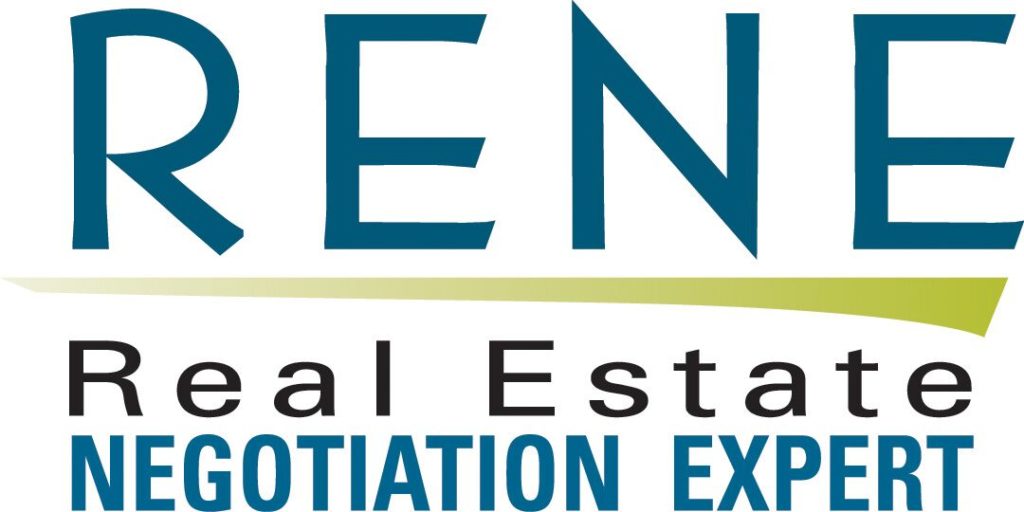Testimonials
Pankaj and Manika and their team are amazing. We recently made a home purchase and rental with them. Could not have asked for better agents in both of those transactions. Actually, they are more than just agents to us and have treated us like friends and family. They are extremely responsive in communications and prompt in their understanding of the needs of the customer. One clear thing I admired about our purchase experience was candid conversations. There was a time when I wanted to make an offer and Pankaj dissuaded me from doing that; and I truly appreciate that advice given the circumstance at that time. Manika admirably led our rental experience and patiently navigated it with us through ups and downs. She gave us solid advice on dos-and-don’t of setting up a rental property. Both of them bring loads of experience, local knowledge and general trends and flavors. They are very professional in their conduct and also retain an equally professional team. Thank you for your help and look forward to working with you again!
Manika did outstanding job for us. She helped us, start to end of Home buying process . She understood our requirement , budget & location. She showed couple of properties, one of then, we selected. Manika did negotiate with Builder , eventually she managed to get good discount from Builder. She help us every steps in home buying process, primary selection , design upgrade, during construction stages, lender interest rate & closing. Manika worked diligently for us to buy this property like it is her own property. She is very trust worthy, we are very happy for her service extended towards us. Without her support, we would not have this beautiful property. In future, buy or sell, i will take her support without any second thought. Best wishes for Manika & her team for future business . -- Gautam & Paramita
It has been pleasure working with Manika, she helped listing our home and we had it sell to a buyer within no time. I recommend home dream solutions for anyone out there looking to buy/sell/invest in properties.
Professional / Reliable / Will go any extent to get the customer satisfied / Customer Friendly / Customer Pre and Post buying advisory / personal attentionWill strongly recommend working with Home Dream solution next time and recommend to work the professional Realtors
Manika did an amazing job helping us purchase our home. We were struggling to find a lender but she went above and beyond to get us with the right company through her connections. She was very responsive in her communications, explained any terms I wasn't familiar with. Initially, I was worried with the team being in Houston and us in Dallas but that did not affect anything. I would recommend this team to anyone in the search for a home.
Thank you so much for your help with buying and selling our home. You made the process simple and easy to understand for us, and we appreciated your patience and expertise. Your insight was extremely valuable to us and I don't think we could have done this without you. Your knowledge of the local area and neighborhoods has guided us in the right direction to be able to narrow down and take wise decision during the whole process. Your marketing strategies, negotiation skills, and attention to detail made the process easy for us, and we couldn't be happier we chose you as our Realtorfor our property. Thank you again for everything.
Home Dream Solutions
© Zillow, Inc., 2006-2016. Use is subject to
Terms of Use
What's a Zestimate?




